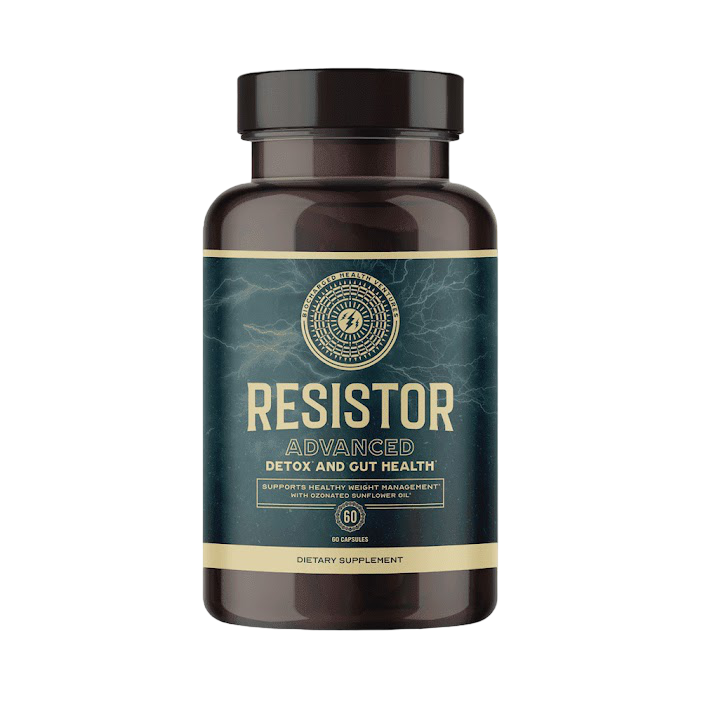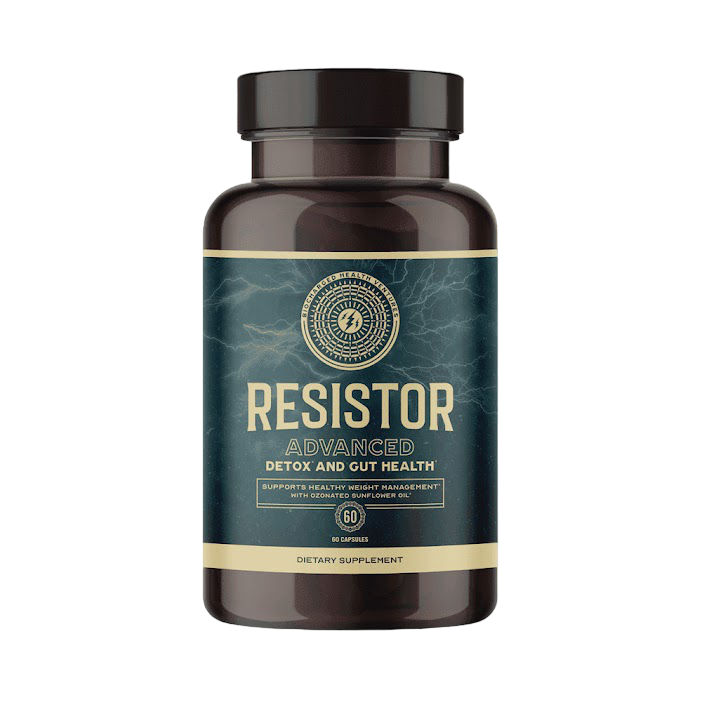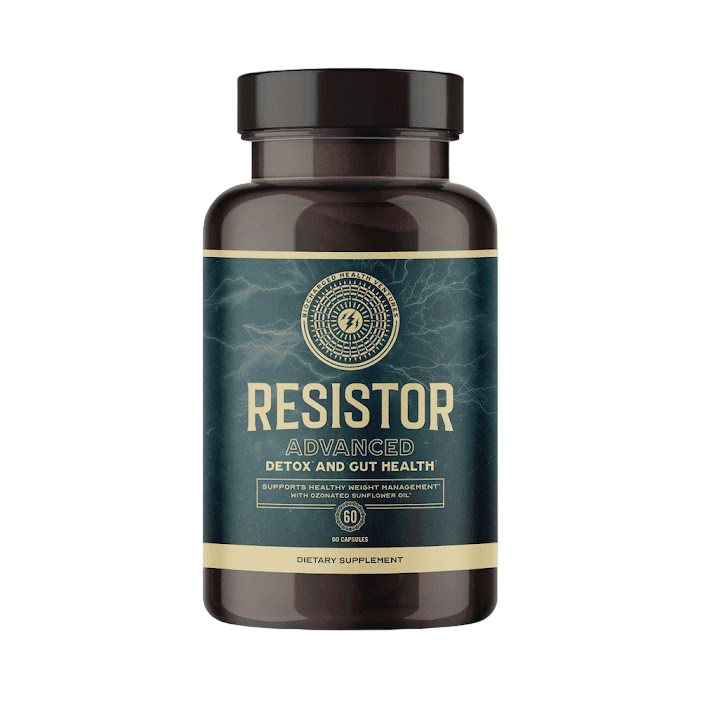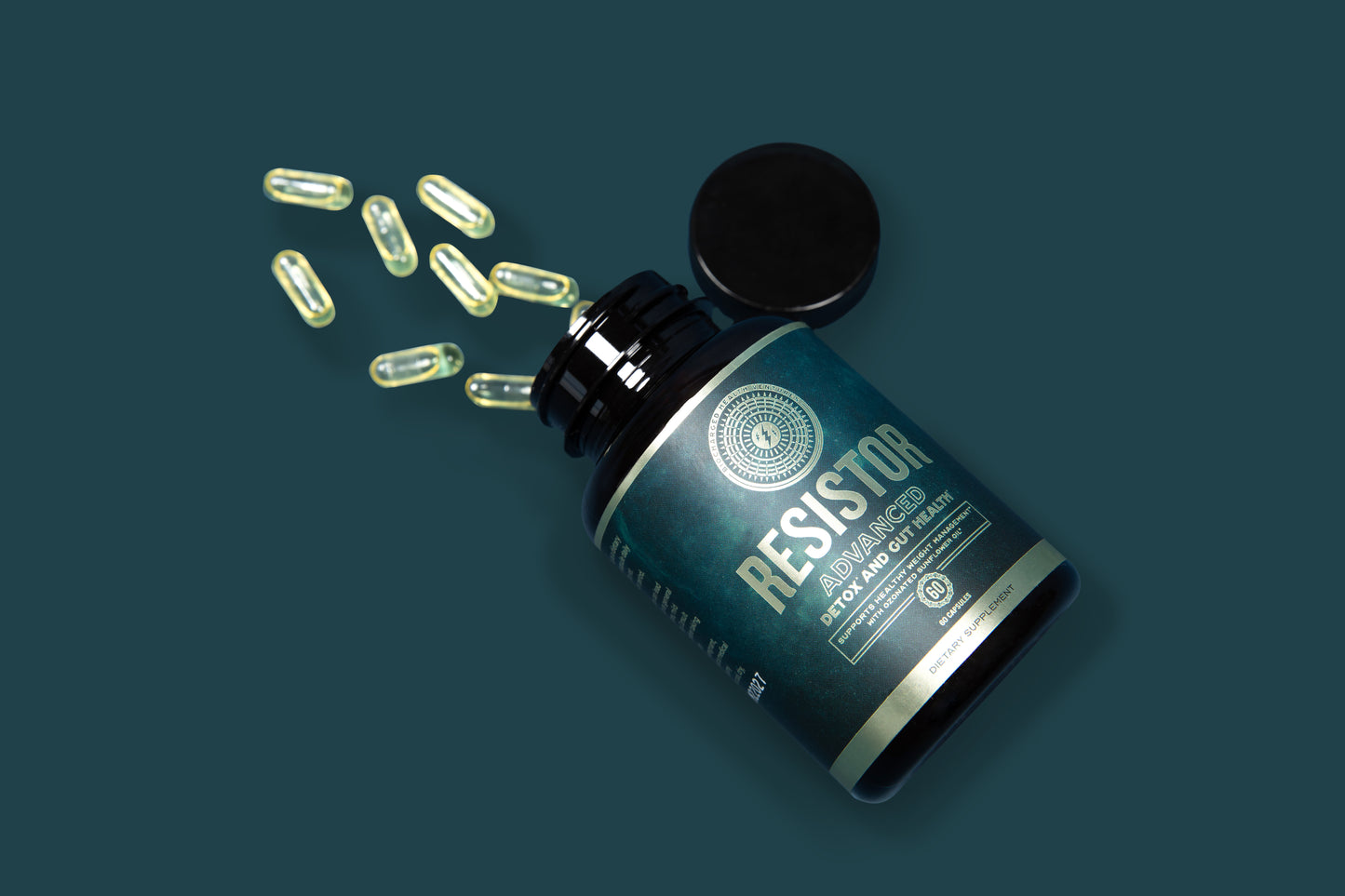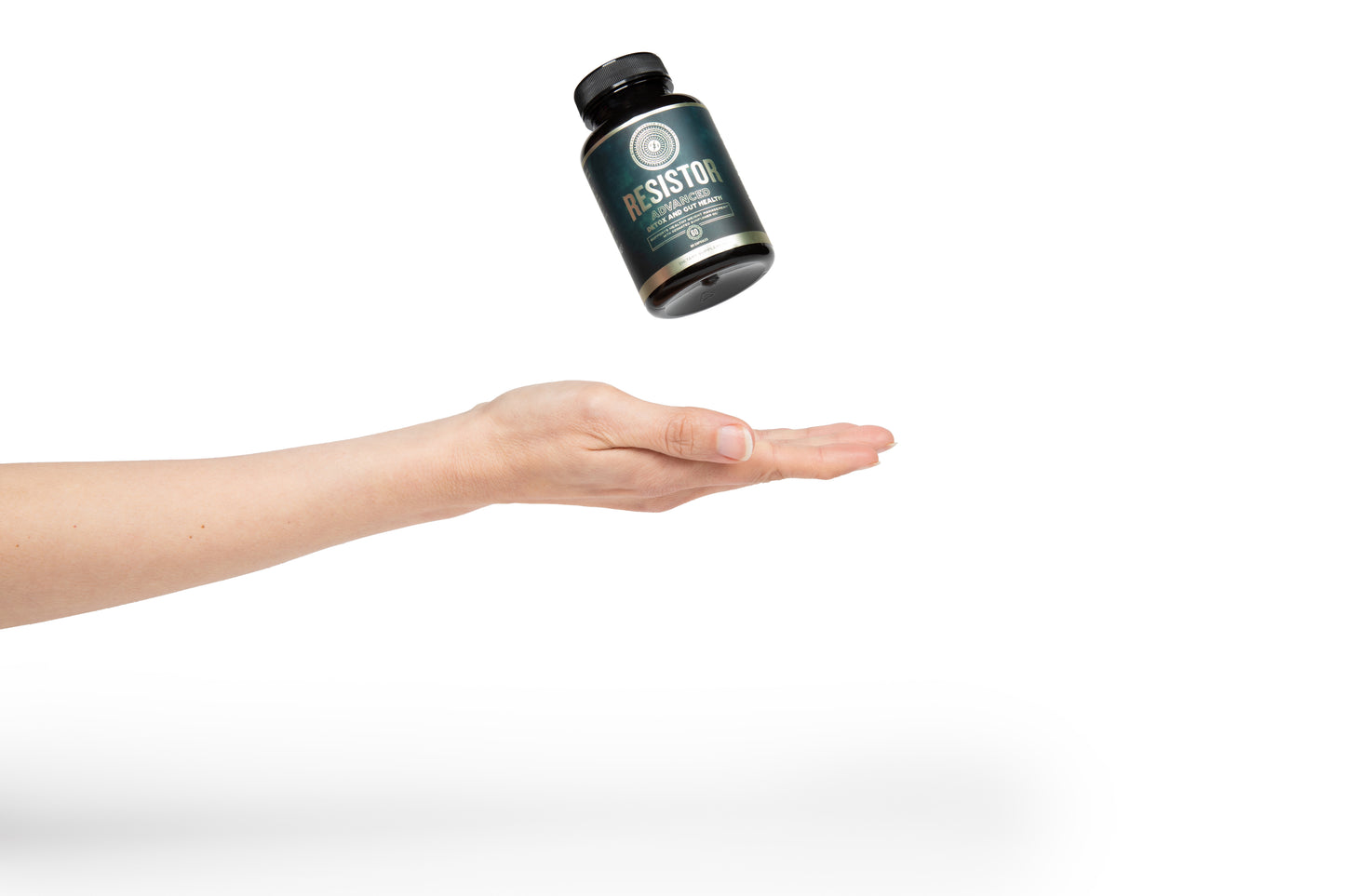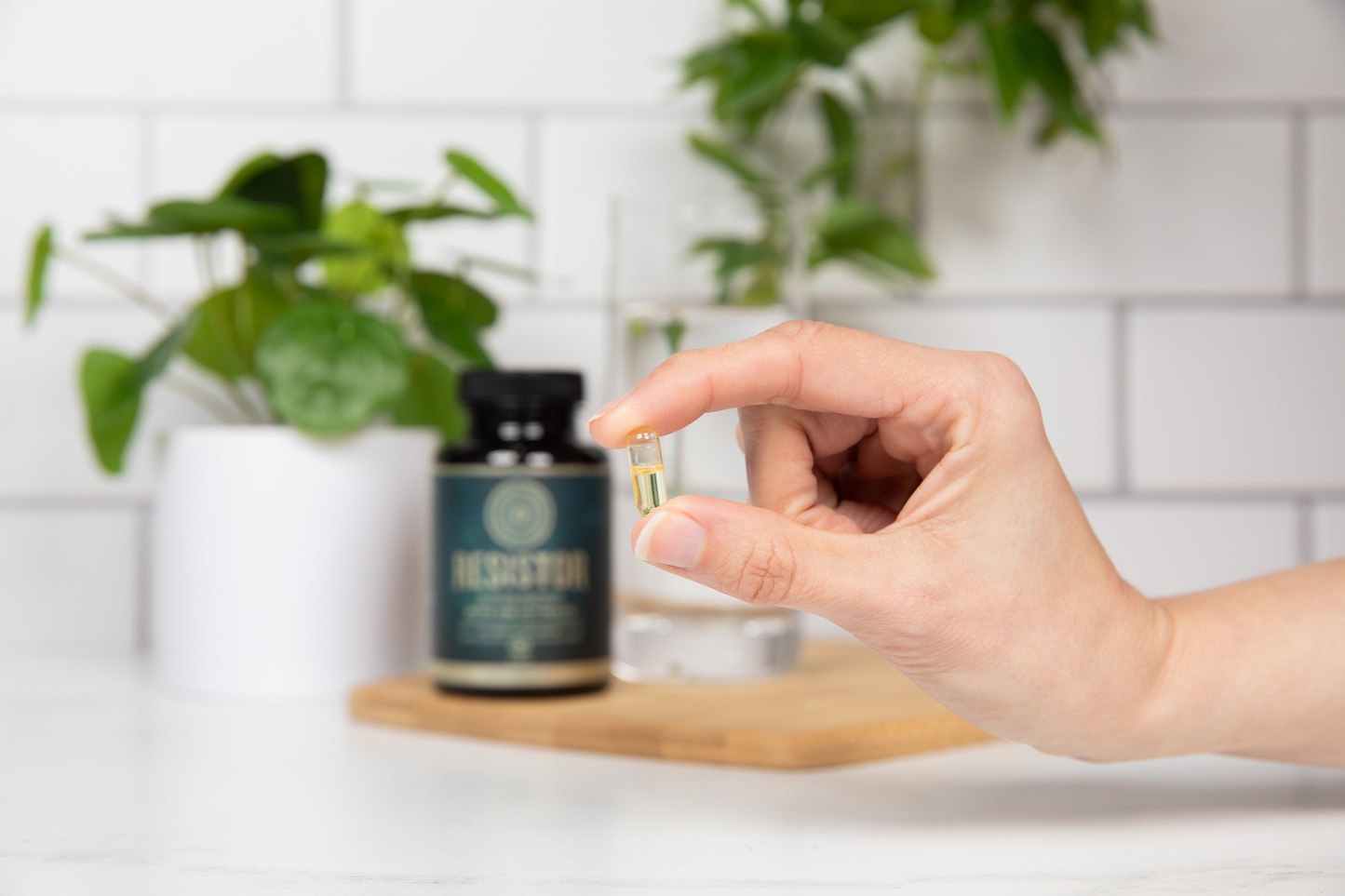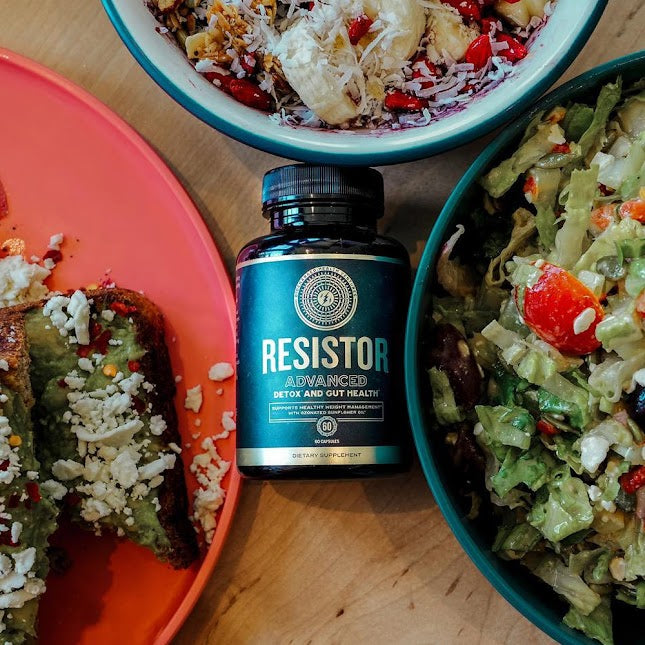From the Kylie Jenner’s Kylie Skin to Rihanna’s Fenty Beauty, you can’t turn your head without seeing a new mainstream beauty brand. Whether it’s creams, serums, facials or treatments, the US and global populations are continuously looking for the “next best thing” to stay looking youthful and healthy. And while most people are looking for products specifically for their skin, they often forget that it’s not only our outer appearance that’s fighting Father Time. Our bodies age both externally and internally at the cellular level, and paying attention to your internal aging is just as important as your external aging, if not more so.
Cue ozone. While it’s not wildly popular (yet), ozone treatments have been used in both celebrity and health-enthusiast circles for a while because of the anti-aging properties they provide. So why is ozone so special? How can it help slow the aging process? To understand that, we first need to understand aging.

How does aging work?
Broadly speaking, aging happens when the body grows older and isn’t able to run as efficiently as before. This means a slower metabolism, declining cognitive function, and a weaker immune system, among many other things.
Besides simply counting how old someone is, there are several biomarkers that can be looked at to assess someone’s age at the cellular level. One of these biomarkers is telomere lengths.
Simply put, telomeres are repeating DNA sequences found at the end of the body’s chromosomes that aid with the healthy replication of our cells and act as a barrier to prevent cells from damage during the replication process. The issue, however, is that telomeres shorten with age. As we get older, our cells are more likely to suffer damage while multiplying, partially due to the now shorter telomeres.
How can ozone help with anti-aging?
Ozone therapy has many benefits to the body, which can provide an anti-aging benefits at the cellular level. Studies such as this one on the effects of ozone therapy on critically ill patients found ozone exposure to be associated with longer telomere length.
Ozone also helps with other body functions that tend to become less efficient with age. For example, ozone therapy can help with cellular regeneration and detoxification, which worsen as we get older. The metabolism and immune system are also benefited from ozone therapy, as ozone produces more digestible oxygen in the body. The immune system in particular is an important function as we age, as it helps fight off bad bacteria, viruses, fungi, and toxins.
